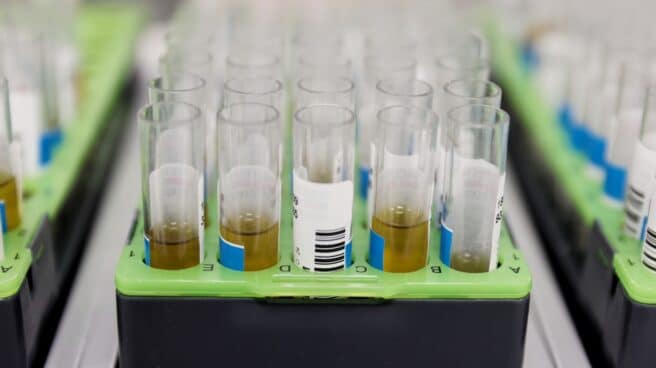

Spain has already reported 5162 confirmed cases of monkeypox.
The shortage of vaccines to deal with the international outbreak of monkeypox, in which Spain leads in the number of cases, has led to a change in the vaccination strategy, which aims to increase the number of available doses.
Thus, the Public Health Commission, which unites the autonomous communities and the Ministry of Health, today unanimously approved a change in the form of vaccination. The application is changed from subcutaneous to intradermal, which allows you to reduce the required dose of the drug from 0.5 ml to the fifth, only 0.1 ml. This change does not apply to immunocompromised or pregnant women and remains limited to those over 18 years of age.
The intradermal route is a shallow injection that remains between the layers of the skin, while the subcutaneous route reaches the fat layer that is under the skin. This route has already been approved by the FDA (US Health Agency).
The Jynneos vaccine (sold in Europe under the brand name Imvanex) contains a modified form of the Ankara virus, a virus in the same family as smallpox and monkeypox, that does not cause disease in humans and cannot replicate in human cells. However, because of this similarity, the human body is able to produce antibodies against these diseases.
This change comes on the same day that the Ministry of Health announced the arrival of another 5,000 doses of Jynneos vaccine, of which our country has received a total of 17,000 doses since June. This vaccine is indicated for close contacts and people at risk, the latest infection data in Spain is 6119 cases as of August 19.
This vaccine was obtained through the newly created Health Emergency Preparedness and Response Authority (HERA) of the European Union.
At the end of July, monkeypox became an international health emergency of concern to the World Health Organization, and since then the number of cases has continued to rise in both Europe and the United States. There has never been a case of this pathology in Spain, which led to the first case found in humans in 1971.
Source: El Independiente